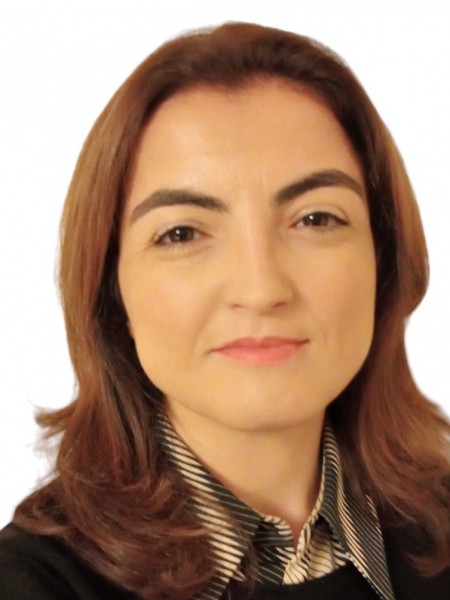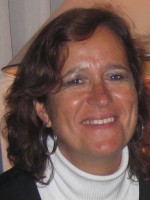resumo
Thermally induced phase separation (TIPS) has proven to be a suitable method for the preparation of porous structures for tissue engineering applications, and particular attention has been paid to increasing the pore size without the use of possible toxic surfactants. Within this context, an alternative method to control the porosity of polymeric scaffolds via the combination with a bioglass is proposed in this work. The addition of a bioactive glass from the 3CaO center dot P(2)O(5)-MgO-SiO(2) system enables the porous structure of high molecular weight poly(L-lactic) acid (PLLA) scaffolds prepared by TIPS to be tailored. Bioglass acts as a nucleating catalyst agent of the PLLA matrix, promoting its crystallization, and the glass solubility controls the pore size. A significant increase in the pore size is observed as the bioglass content increases and scaffolds with large pore size (similar to 150 mu m) can be prepared. In addition, the bioactive character of the scaffolds is proved by in vitro tests in synthetic plasma. The importance of this approach resides on the combination of the ability to tailor the porosity of polymeric scaffolds via the tunable solubility of bioglasses, without the use of toxic surfactants, leading to a composite structure with suitable properties for bone tissue engineering applications. (C) 2010 Acta Materialia Inc. Published by Elsevier Ltd. All rights reserved.
palavras-chave
INDUCED PHASE-SEPARATION; MACROPOROUS POLY(L-LACTIDE) SCAFFOLD; IN-VITRO BIOACTIVITY; COMPOSITE SCAFFOLDS; POLYMERIC SCAFFOLDS; GLASS COMPOSITES; ACID) SCAFFOLDS; BONE; SYSTEM; FABRICATION
categoria
Engineering; Materials Science
autores
Barroca, N; Daniel-da-Silva, AL; Vilarinho, PM; Fernandes, MHV
nossos autores
Grupos
G1 - Materiais Porosos e Nanossistemas
G2 - Materiais Fotónicos, Eletrónicos e Magnéticos
G5 - Materiais Biomiméticos, Biológicos e Vivos
agradecimentos
The authors acknowledge FCT and FEDER. A.L. Daniel-da-Silva is thankful to the Center for Research in Ceramic and Composite Materials, CICECO, the University of Aveiro for financial support.





